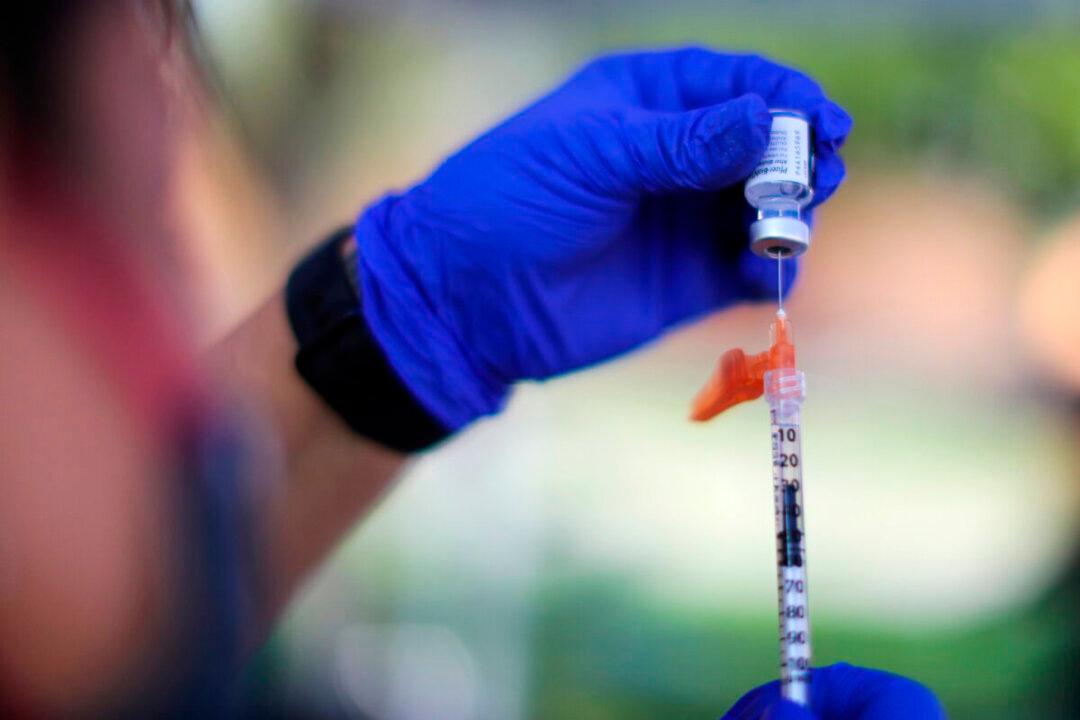The U.S. Food and Drug Administration’s vaccine advisory panel on Friday voted 16–3 to recommend against providing booster shots of the Pfizer COVID-19 vaccine for individuals aged 16 and older. The panel later voted to endorse the Pfizer booster for individuals who are aged 65 and older and for those who are at high risk.
Throughout the meeting, independent scientists who advise the Food and Drug Administration (FDA) struck a skeptical tone on the need for boosters, or third doses, for Pfizer’s COVID-19 vaccine for the general public. The advisory panel’s discussion is the first major test for the Biden administration’s vaccination agenda as top health officials last month announced they would try to roll out boosters for everyone by Sept. 20.





